#Are cashews anti-inflammatory
Are cashews anti-inflammatory
Are cashews anti-inflammatory
1. Do cashew nuts contain anti-inflammatory substances?
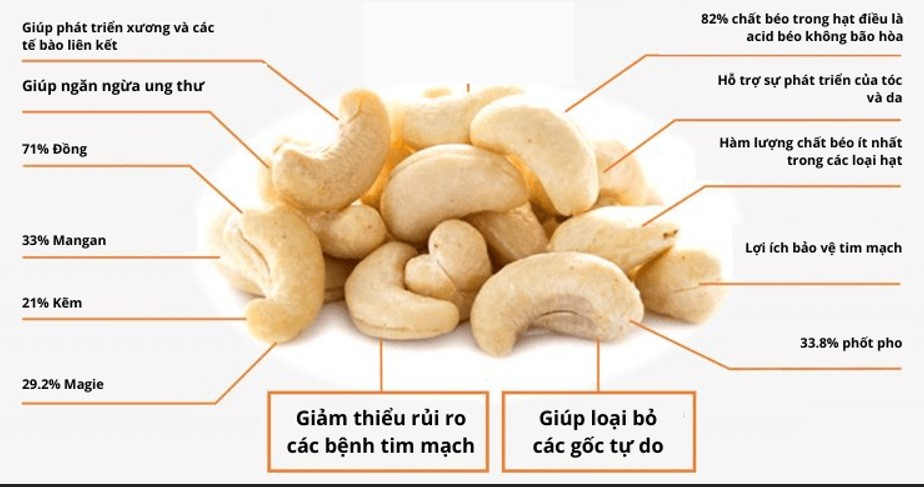
Cashews contain some compounds that may have anti-inflammatory properties, although they are not considered a primary source of these substances.
Specifically, cashews contain antioxidants and unsaturated fatty acids, which can help reduce inflammation in the body.
Anti-inflammatory compounds in cashews:
Phenolic Acid and Flavonoids:
- Antioxidants: These compounds help neutralize free radicals, reduce inflammation, and protect cells from damage.
Magnesium:
- Muscle Relaxation: Magnesium can help reduce muscle tension and inflammation, supporting overall health.
Unsaturated Fatty Acids:
- Omega-3 and Omega-6: These fatty acids help reduce inflammation and improve heart health.
Anti-inflammatory benefits of cashews:
- Reduces the risk of heart disease: By lowering bad cholesterol levels and inflammation, cashews help protect heart health.
- Supports digestion: The fiber in cashews helps maintain a healthy digestive system and reduce intestinal inflammation.
- Boosts the immune system: Antioxidants in cashews help strengthen the immune system and protect the body from illnesses.
Cashews not only provide nutrition but can also help reduce inflammation when combined with a healthy and balanced diet.
2. What are the anti-inflammatory substances in cashews?
Cashews contain several compounds with anti-inflammatory properties that help reduce inflammation and protect overall health. Here are the details of
the anti-inflammatory compounds in cashews:
Phenolic Acid and Flavonoids:
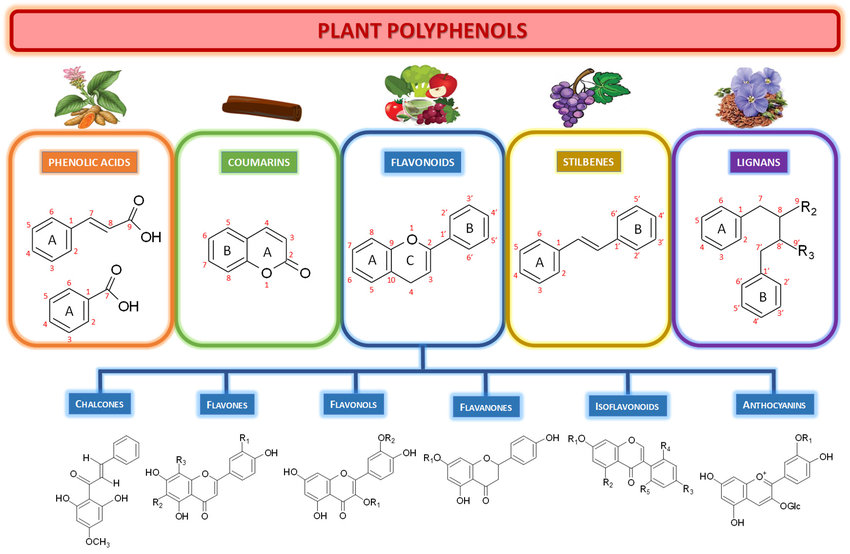
- Phenolic Acid: A group of chemical compounds with strong antioxidant properties, helping neutralize free radicals and reduce inflammation.
- Flavonoids: Another type of antioxidant that helps protect cells from damage and reduce inflammation in the body.
Magnesium:
- Anti-inflammatory effect: Magnesium helps reduce muscle tension and can alleviate symptoms of inflammation in the body.
- Overall health support: Adequate magnesium intake helps improve muscle function and the nervous system.
Unsaturated Fatty Acids:
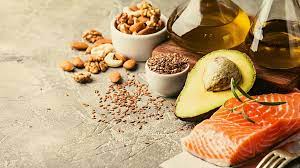
- Omega-3 and Omega-6: These essential fatty acids help reduce inflammation and improve heart health. Omega-3 has strong anti-inflammatory effects and can help reduce the risk of chronic inflammatory diseases.
- Oleic Acid: A type of monounsaturated fat found in cashews that helps reduce inflammation and protect heart health.
Antioxidants:
- Vitamins E and K: Cashews contain antioxidant vitamins like E and K, which help protect cells from damage and reduce inflammation.
Anti-inflammatory benefits of cashews:
- Reduces the risk of heart disease: Cashews help lower bad cholesterol levels and inflammation, protecting heart health.
- Supports digestion: The fiber and antioxidants in cashews help maintain a healthy digestive system and reduce intestinal inflammation.
- Boosts the immune system: Antioxidants in cashews help strengthen the immune system and protect the body from illnesses.
Incorporating cashews into your daily diet not only provides nutrition but also helps reduce inflammation and protect overall health.
3. Effects of cashews on inflammation in the body
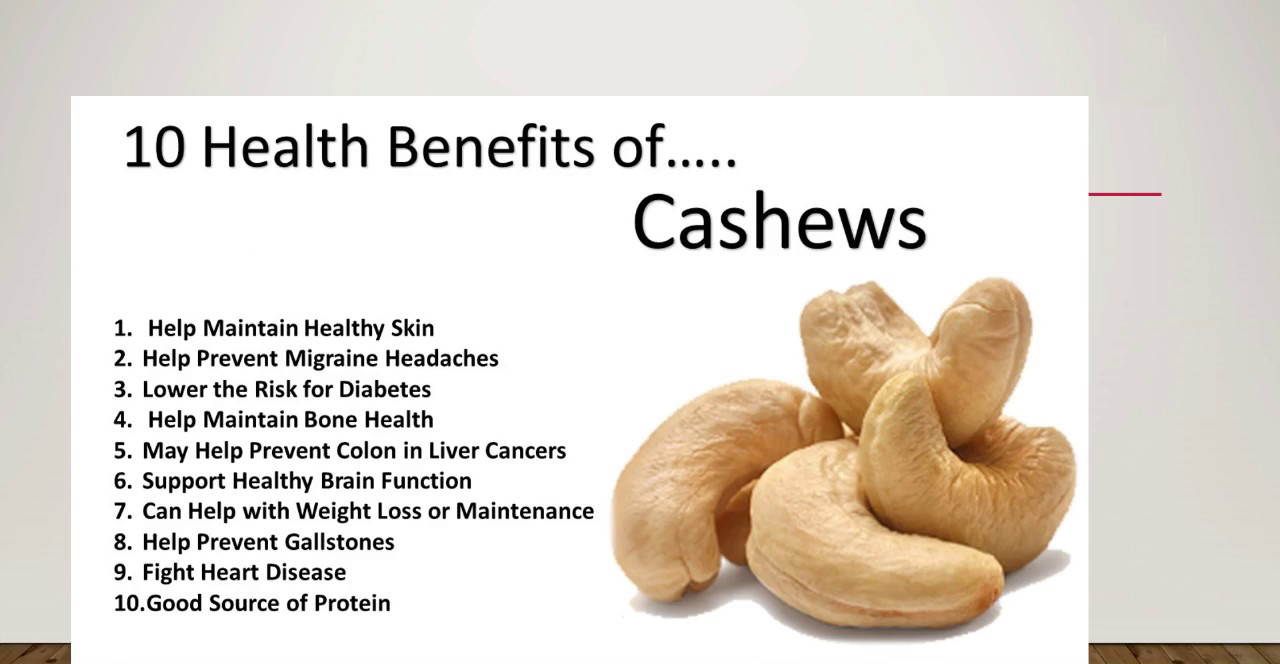
Cashews contain several compounds that can help reduce inflammation in the body and protect overall health. Here’s a friendly rundown of the anti-inflammatory benefits of cashews:
Phenolic Acid and Flavonoids:
- Phenolic Acid: This group of chemical compounds has strong antioxidant properties, helping neutralize free radicals and reduce inflammation. Free radicals are unstable molecules that can damage cells and cause inflammation.
- Flavonoids: Another type of antioxidant, these compounds help protect cells from damage and reduce inflammation in the body.
Magnesium:
- Anti-inflammatory Effects: Magnesium helps reduce muscle tension and can alleviate inflammation in the body.
- Overall Health Support: Adequate magnesium intake improves muscle function and the nervous system, reducing inflammation in tissues and cells.
Unsaturated Fatty Acids:
- Omega-3 and Omega-6: These essential fatty acids reduce inflammation and improve heart health. Omega-3s have powerful anti-inflammatory effects and can lower the risk of chronic inflammatory diseases.
- Oleic Acid: A monounsaturated fat found in cashews, it helps reduce inflammation and protect heart health.
Antioxidants:
- Vitamins E and K: Cashews contain antioxidant vitamins like E and K, which help protect cells from damage and reduce inflammation.
Anti-inflammatory Benefits of Cashews:
- Reduces Heart Disease Risk: By lowering bad cholesterol and inflammation, cashews protect heart health.
- Supports Digestion: The fiber and antioxidants in cashews help maintain a healthy digestive system and reduce intestinal inflammation.
- Boosts Immune System: Antioxidants in cashews strengthen the immune system and protect the body from illnesses.
How to Use Cashews for Anti-inflammatory Benefits:
- Eat Directly: Enjoy cashews as a snack or add them to meals daily.
- In Recipes: Incorporate cashews into salads, stir-fries, or smoothies for added nutrition.
- Cashew Oil: Use cashew oil, which also contains anti-inflammatory compounds, in cooking or as a flavor enhancer.
Incorporating cashews into your daily diet not only provides nutrition but also helps reduce inflammation and protect overall health.
4. How much cashew nuts should be eaten to improve anti-inflammatory condition?
To improve inflammation with cashews, consuming a moderate daily amount is key. A typical recommended amount is about 1 ounce (28 grams) per day, equivalent to roughly 18-20 cashews. Here are some detailed notes:
Recommended amount of cashews:
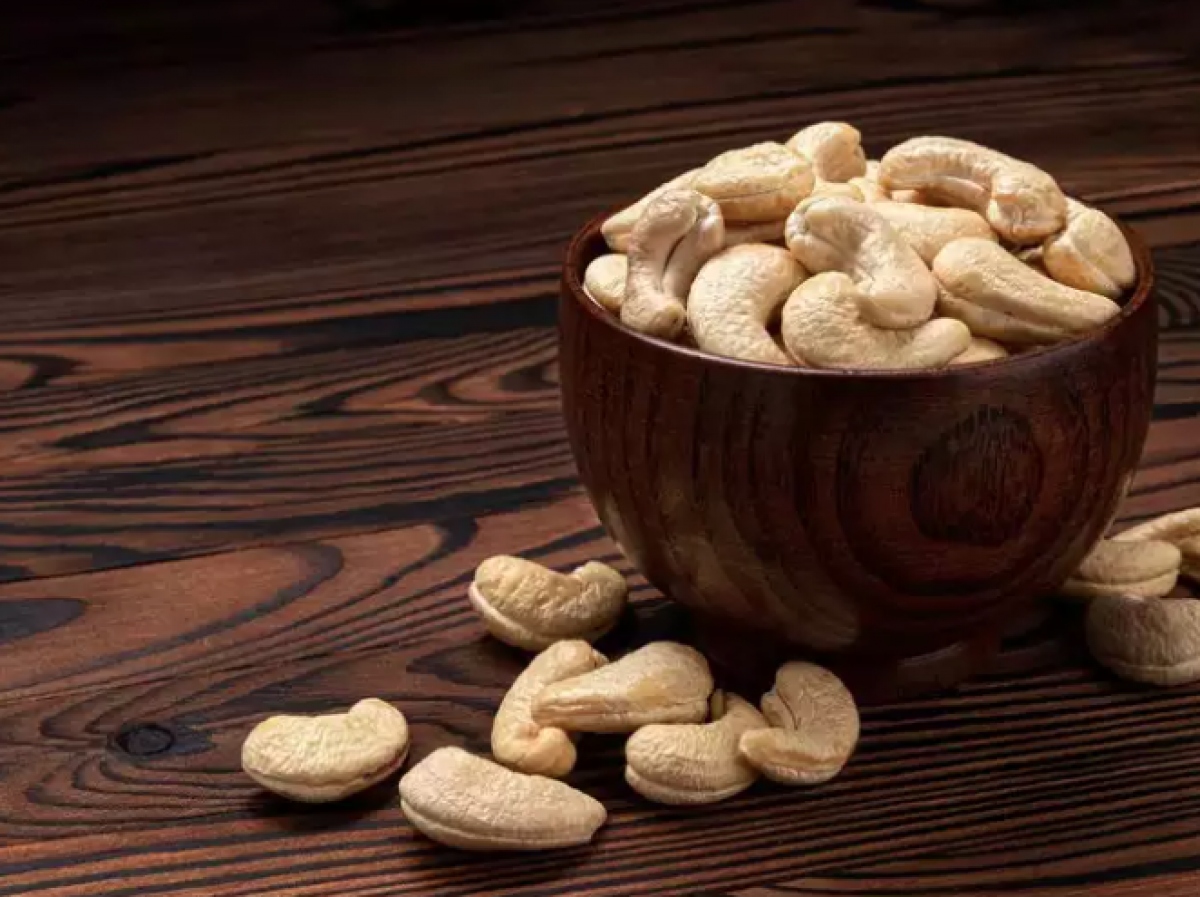
- About 1 ounce (28 grams): This is an ideal amount to provide sufficient nutrients without causing weight gain from overeating.
- About 18-20 cashews per day: Easy to incorporate into meals or as a snack.
Benefits of eating cashews daily:
- Reduces inflammation: Cashews contain anti-inflammatory compounds like phenolic acid, flavonoids, magnesium, and unsaturated fatty acids, which help reduce inflammation and protect heart health.
- Boosts the immune system: Antioxidants in cashews help strengthen the immune system, protecting the body from illnesses.
- Supports digestion: Fiber in cashews helps maintain a healthy digestive system, reducing the risk of constipation and intestinal inflammation.
How to incorporate cashews into your diet:
- Eat directly: Use cashews as a snack between meals.
- Add to salads: Sprinkle crushed or whole cashews on salads to enhance nutrition and flavor.

- Smoothies: Add cashews to morning smoothies for a nutrient boost.
- Use in cooking: Incorporate cashews into stir-fries, curries, or pasta dishes to enhance flavor and nutritional value.
Notes on consuming cashews:
- Don't overeat: While cashews have many benefits, consuming too much can lead to weight gain and unwanted calorie intake.
- Choose unsalted cashews: Unsalted or lightly salted cashews are a better choice to reduce sodium intake in your diet.
Adding cashews to your daily diet not only boosts nutrition but also helps reduce inflammation and protect overall health. Give it a try and feel the difference cashews can make to your health!
Xem thêm: Tác dụng của hạt điều đến tình trạng viêm của cơ thể
Learn more: Effects of cashews on inflammation of the body

 Brian Dương
Brian Dương
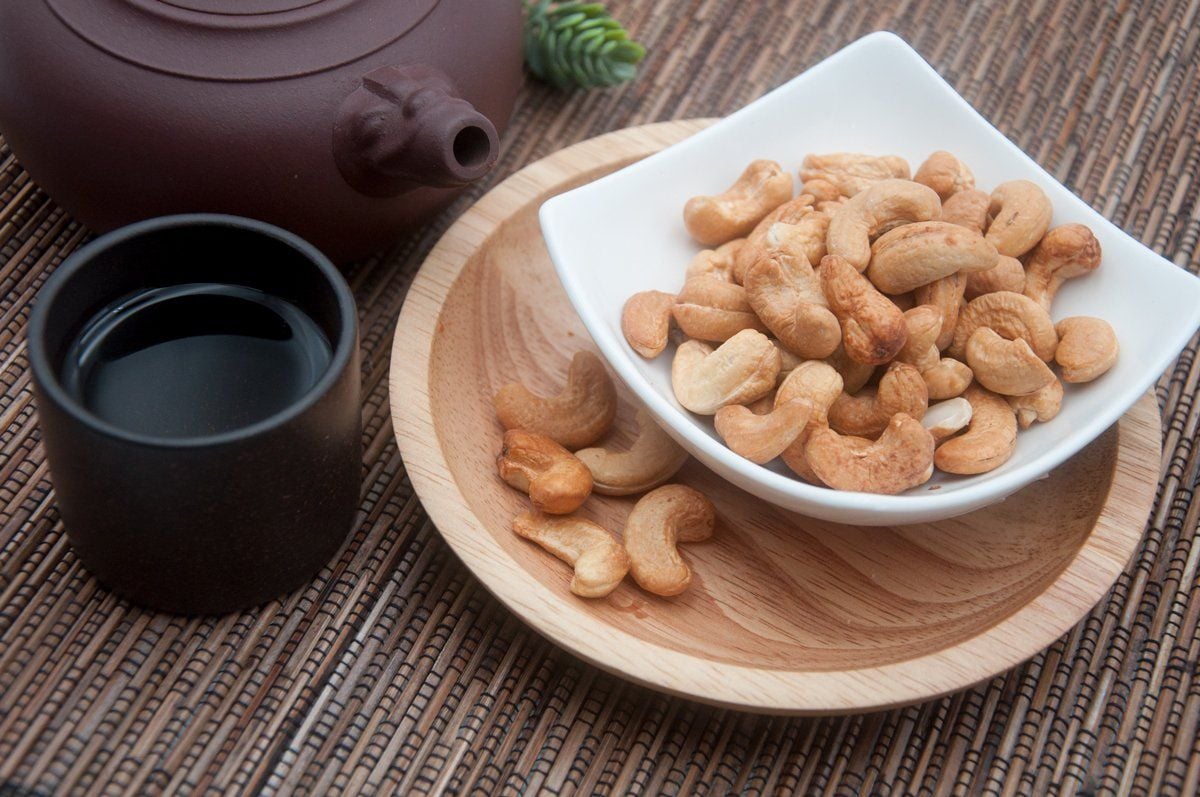
TVQuản trị viênQuản trị viên
Xin chào quý khách. Quý khách hãy để lại bình luận, chúng tôi sẽ phản hồi sớm